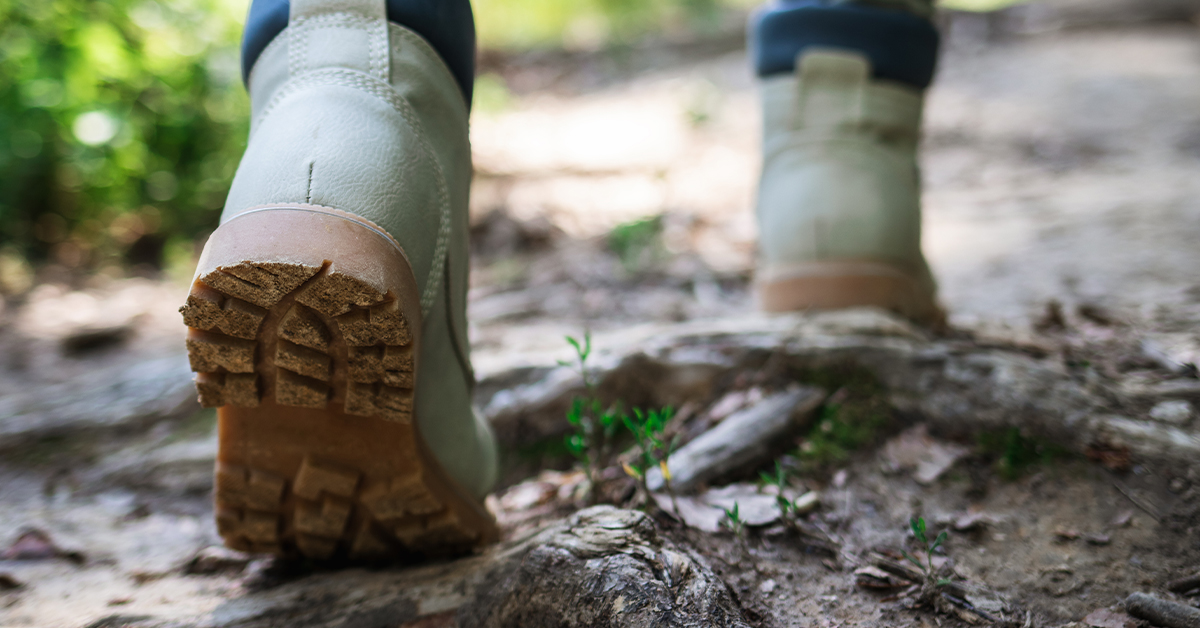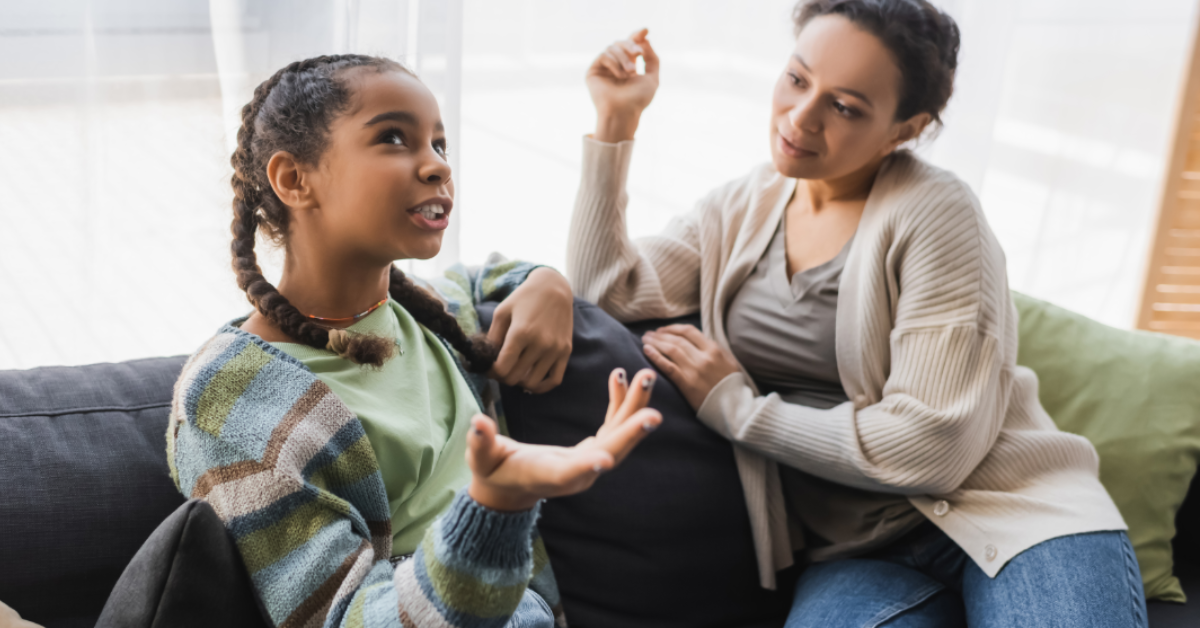
A ship is sailing at night, navigating treacherous waters in the darkness. Suddenly the captain sees a beam of light from a lighthouse a mile away. This light from this lighthouse allows the captain to get his bearing and his navigation is oriented around the lighthouse.
We have a natural internal drive to orient ourselves with our surrounding. We need to know where we come from and have an idea of where we are headed. We need others to provide us with direction.
This need for orientation is acutely felt by children and the natural design is for children to get a sense of direction from their parents. Increasingly in our society, this natural design is being supplanted and children are orienting around themselves. Youth culture has become the driving influence for many children.
International child development authority Dr. Gordon Neufeld explains:
Children cannot be oriented to both adults and other children simultaneously. One cannot follow two sets of conflicting directions at the same time. The child’s brain must automatically choose between parental values and peer values, parental guidance and peer guidance, parental culture and peer culture whenever the two would appear to be in conflict. (Hold On To Your Kids)
What Happens When Peers Replace Parents
In 1990, a group of international scholars chaired by Professor Sir Michael Rutter began studying psychosocial disorders among 12-26 year olds. These disorders included crime, suicide, suicidal behavior, depression, eating disorders, anorexia nervosa, bulimia, and abuse of alcohol and psychoactive drugs. The study found that the development of a separate youth culture could be responsible for the rapid post-World War II rise in anti-social behaviour.
Since that study was published, sociologists continue to warn about the dangers of peer-orientation and how it can result in severe bullying and violence, increased rates of suicide, a hyper-sexualization of youth culture including both over-exposure and exposure at too young of an age, and other dysfunctional trends.
It’s not just headline-catching issues that are created by peer orientation. In his book, Hold On to Your Kids, Dr. Neufeld outlines three negative effects of peer orientation:
3 Negative Effects of Peer Orientation
1) Peer-oriented kids are more vulnerable.
2) Peer-oriented kids lose their natural shield against stress.
3) Peer-oriented kids become sensitized to insensitive interactions of children.
In addition, Dr. Neufeld also warns that peer-orientation can stunt a child’s development. Youth culture is often painfully immature and youth who are peer-oriented are often trapped in that immaturity.
Is Dr. Neufeld saying that children having friends is bad? Far from it. Instead, the problem that he identifies is that:
Peer bonds have come to replace relationships with adults as children’s primary sources of orientation. What is unnatural is not peer contact, but that children should have become the dominant influence on one another’s development.Hold On to Your Kids)
In the end, parents are uniquely positioned to provide guidance for their children. Older generations impart wisdom to younger generations. Parents, who have a lifetime of experience, help shape their children’s values. The home, as a safe refuge, becomes a protective space allowing each child to find their identity and grow as an individual.




Amen Brother. I thank God for every day I share with my son, who I have home educated from birth. I tell him I am imparting to him everything I have learned to value and he believes me. He has an understanding beyond his years. Russ Person “Father of Alex”